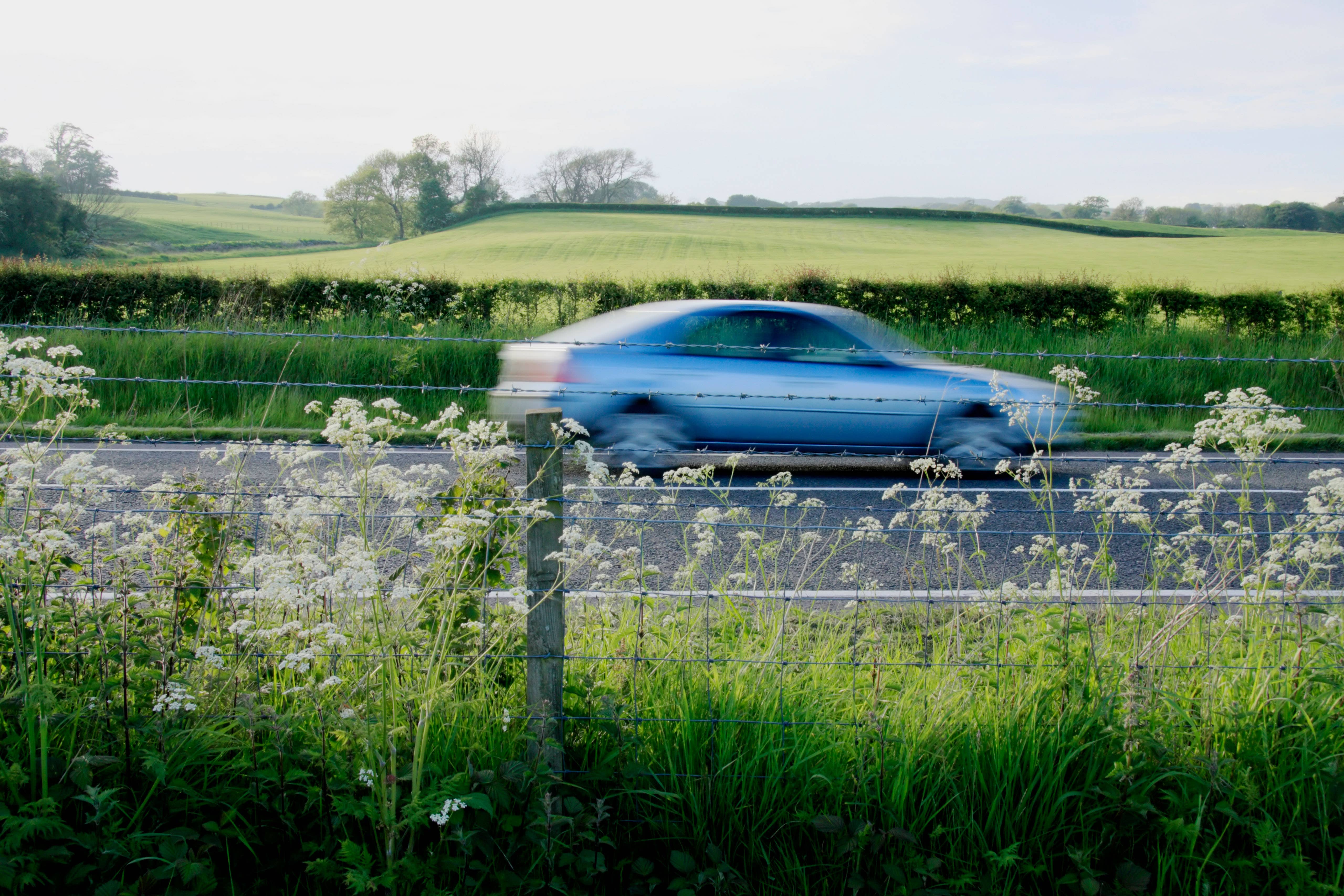Rural road crashes more likely to be deadly, report says
Insurer NFU Mutual said an average of one in every 31 collisions on rural roads in Britain resulted in a death in 2022.

Your support helps us to tell the story
From reproductive rights to climate change to Big Tech, The Independent is on the ground when the story is developing. Whether it's investigating the financials of Elon Musk's pro-Trump PAC or producing our latest documentary, 'The A Word', which shines a light on the American women fighting for reproductive rights, we know how important it is to parse out the facts from the messaging.
At such a critical moment in US history, we need reporters on the ground. Your donation allows us to keep sending journalists to speak to both sides of the story.
The Independent is trusted by Americans across the entire political spectrum. And unlike many other quality news outlets, we choose not to lock Americans out of our reporting and analysis with paywalls. We believe quality journalism should be available to everyone, paid for by those who can afford it.
Your support makes all the difference.Vehicle crashes on rural roads are around four times more likely to result in a fatality than those on urban highways, according to a new report.
Insurer NFU Mutual said an average of one in every 31 collisions on rural roads in Britain resulted in a death in 2022.
That is compared with a ratio of one in every 120 on roads in towns and cities.
The analysis is based on Department for Transport (DfT) figures for crashes in which at least one person was injured.
NFU Mutual identified factors contributing to accidents on rural roads which are “less severe or not present” on urban highways.
We believe serious conversations need to happen to make rural roads safer
They include vehicles travelling at high-speed resulting in head-on collisions; loss of control at unanticipated tight corners; unmarked junctions; and increased traffic from rural businesses, particularly during the summer harvest season.
A total of 1,017 people were killed on rural roads in 2022, which was a four-year high and represented a 14% increase from 2021.
Some 59% of all road fatalities were on rural roads despite the highways being used for just 44% of traffic.
In March, the DfT’s road safety initiative Think! launched a campaign aimed at reducing the number of young male drivers killed on rural roads.
This came after data showed three out of five crashes in which young male car drivers die or suffer a serious injury happen on those roads.
NFU Mutual announced it will develop a Code For Countryside Roads to provide advice to drivers and other road users.
It commissioned a survey of UK adults which indicated one in seven (15%) people have been involved in a crash on a rural road, and one in five (22%) feel uncomfortable driving on them.
Among respondents’ most-common concerns about rural road safety were blind corners (63%), narrow roads (53%), impatient drivers (50%) and people breaking the speed limit (47%).
NFU Mutual chief executive Nick Turner said: “Rural roads are not only the arteries of the rural economy but also the gateway to our countryside and a source of enjoyment for millions.
“Sadly, our analysis shows that, after a few years of decreasing fatalities, rural roads are becoming more deadly again.
“Over 1,000 people lost their lives on rural roads last year, with thousands more injured.
“Every road death is one too many, and we believe serious conversations need to happen to make rural roads safer for everyone.
“That is why we are today announcing a Code For Countryside Roads, which will take in feedback and advice from experts and groups to provide a clear guide to how people should use rural roads.
“We all need to work together to ensure we keep our countryside as safe as it can be.
“We invite members of the public and experts to get in touch with us to feed into the Code For Countryside Roads, and hope the document, once published, will help steer a course towards safer rural roads for all road users.”
A DfT spokesperson said: “Our roads are among the safest in the world, but we are committed to improving road safety.
“That’s why we are investing £147.5 million through the Safer Roads Fund to make improvements on the country’s most high-risk roads, as well as running our well-known THINK! campaigns to encourage responsible driving.”
– The survey of 2,065 UK adults was conducted by research company Yonder between November 8 and 9.